 |
 |
 |
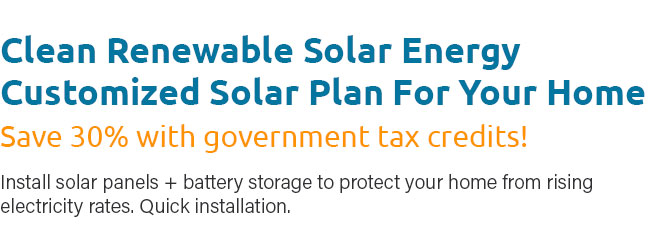 |
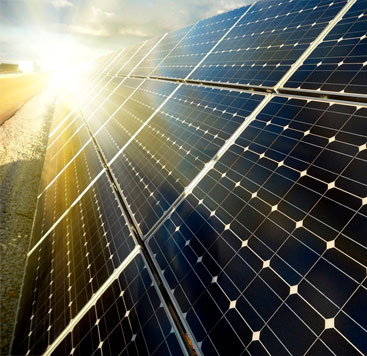 |
 |
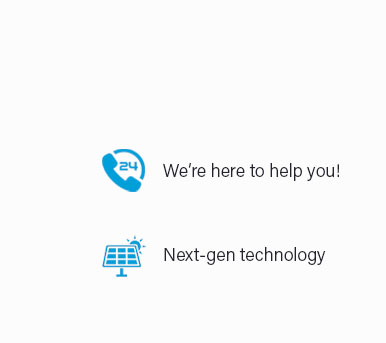 |
 |
 |
 |
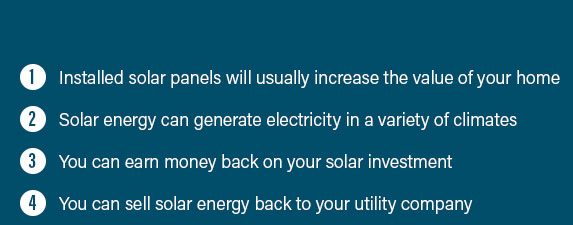 |
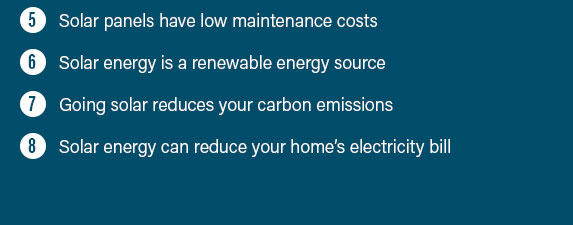 |
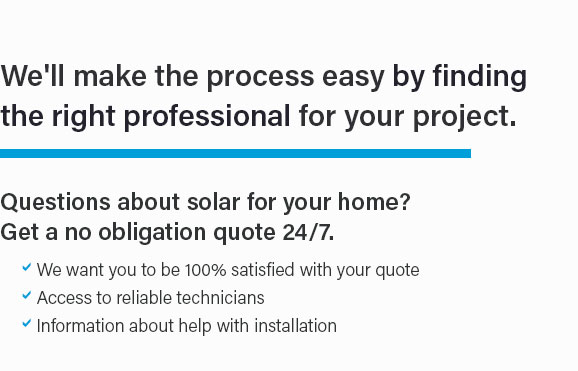 |
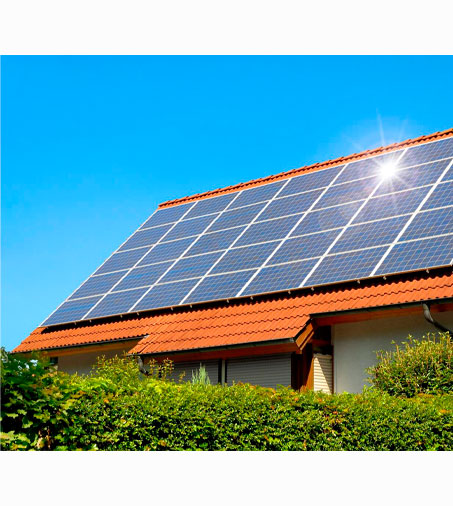 |
|
 |
 |
 |
|
Unlock the power of the sun with our unbeatable solar panel installation services in Michigan-where innovation meets sustainability and savings shine brighter than ever; get your personalized solar panels installation quote today and step into a future powered by clean energy, because in Michigan, we don't just follow trends-we set them, ensuring your transition to solar is as smooth as the energy it harnesses, making your home or business a beacon of efficiency and environmental responsibility; join the solar revolution and watch your energy bills plummet while your eco-friendly credentials soar, proving that going green is not just a choice, but a lifestyle.
https://www.cnet.com/home/energy-and-utilities/michigan-solar-panels/
The hardest part might be choosing a solar installer. We've compiled a list of national and local solar installers that serve the Great Lake State. https://www.greenlancer.com/post/going-solar-in-michigan
For residential Michigan solar panels, the home must be a primary residence or vacation property, and the homeowner must own the solar system ( ... https://www.energysage.com/local-data/solar/mi/
The average Michigan homeowner needs a 10.08 kW solar panel system to cover their electricity needs, which comes out to $31,629 before incentives. Prices range ...
|